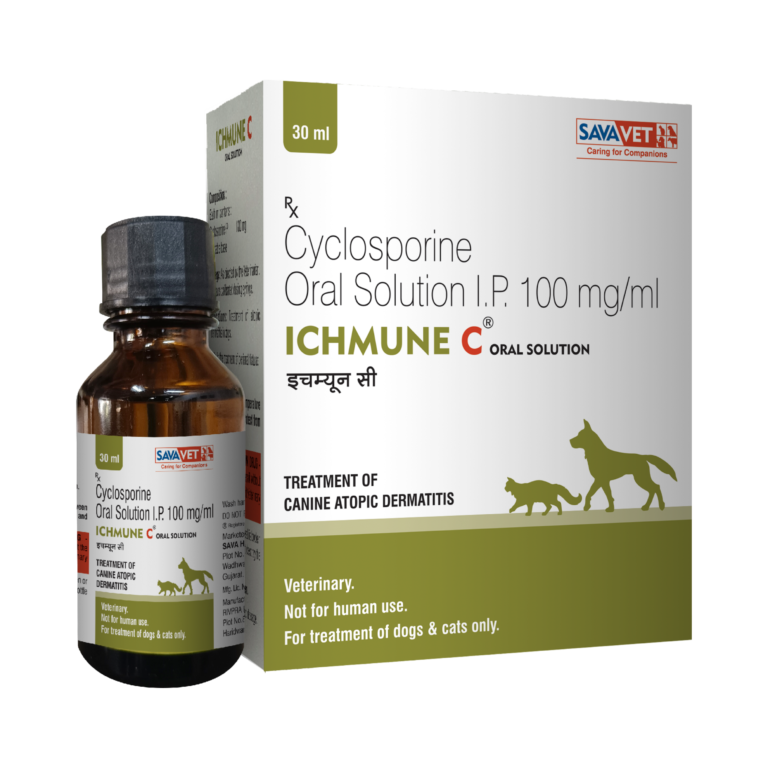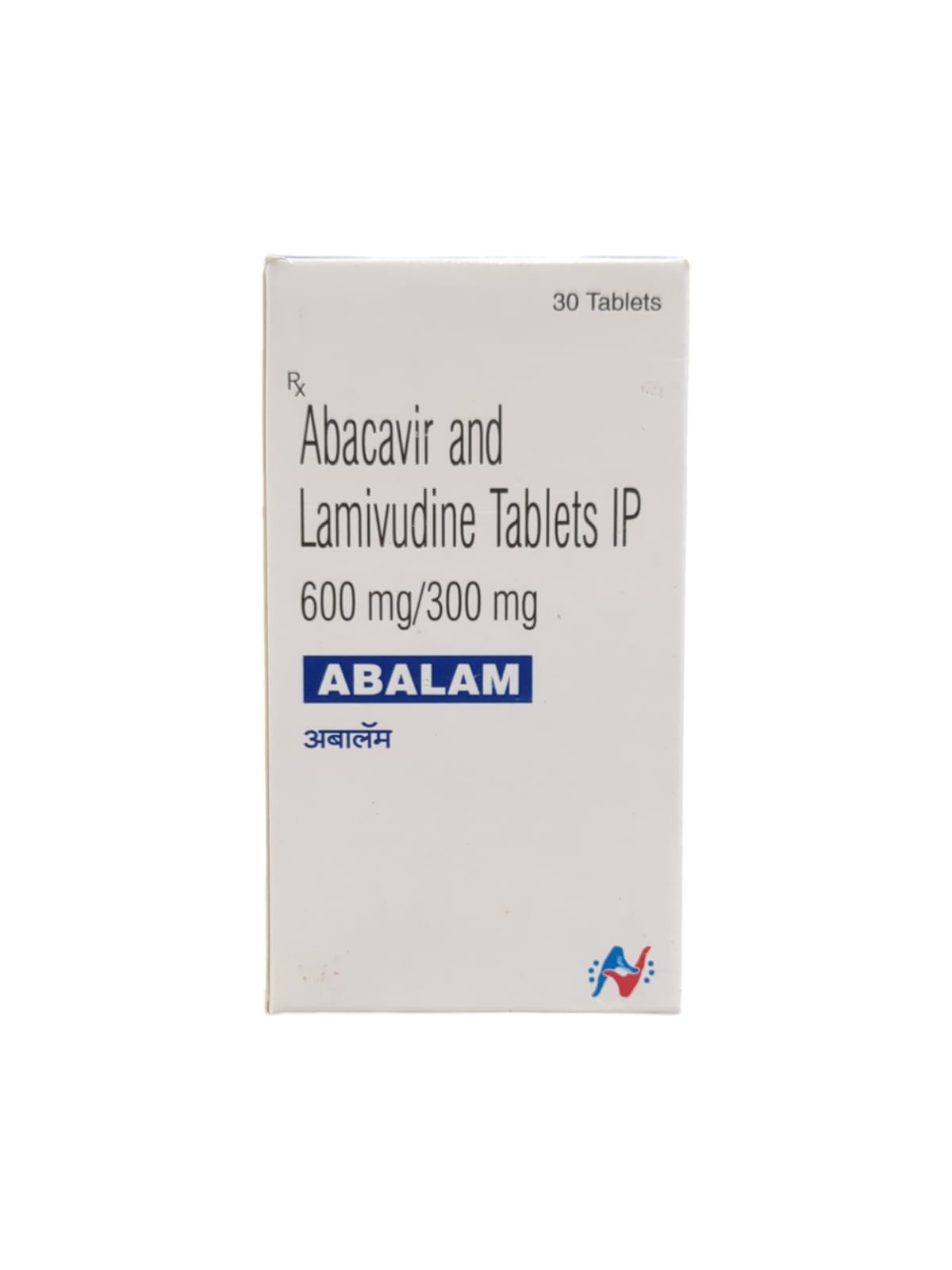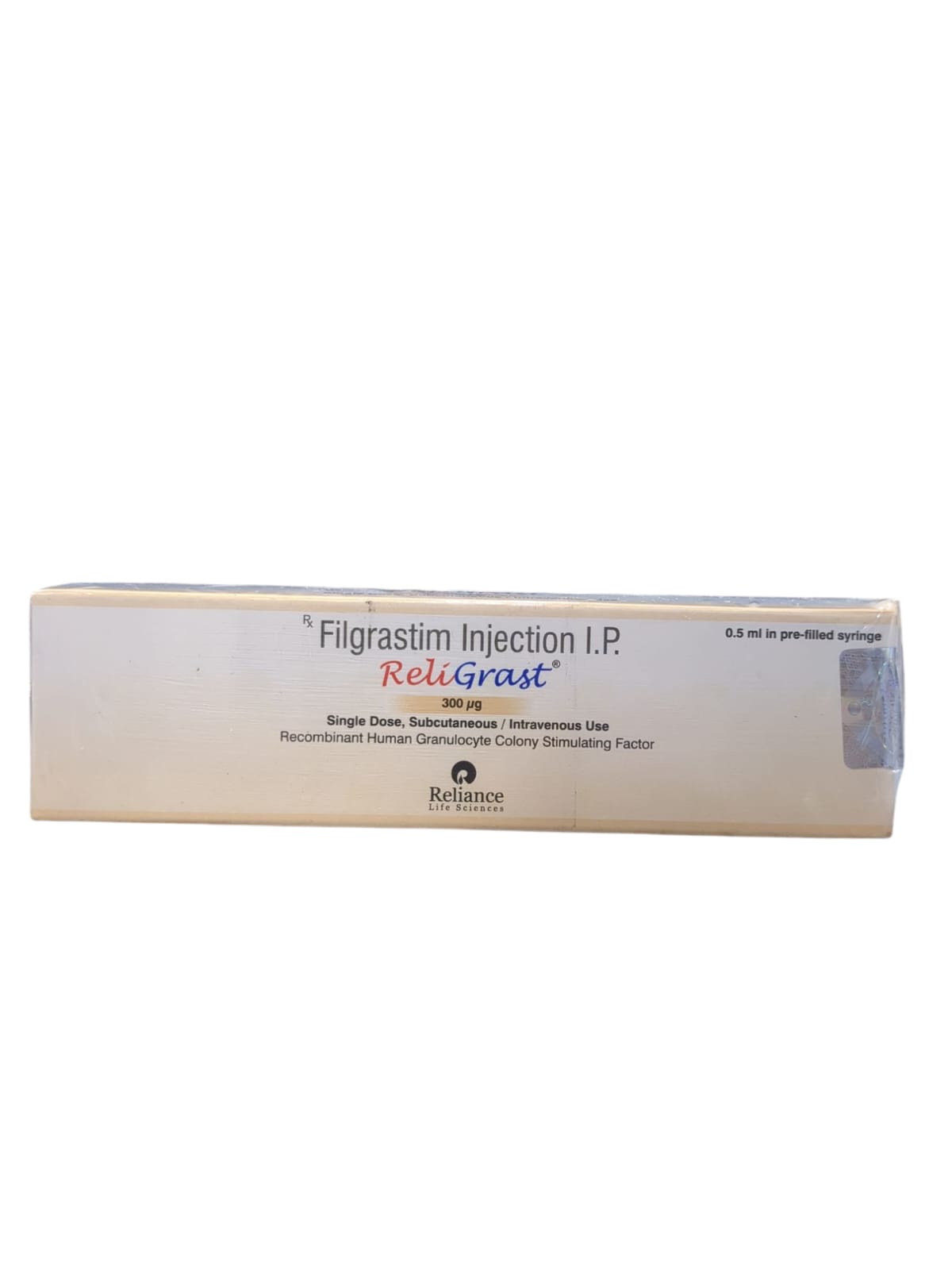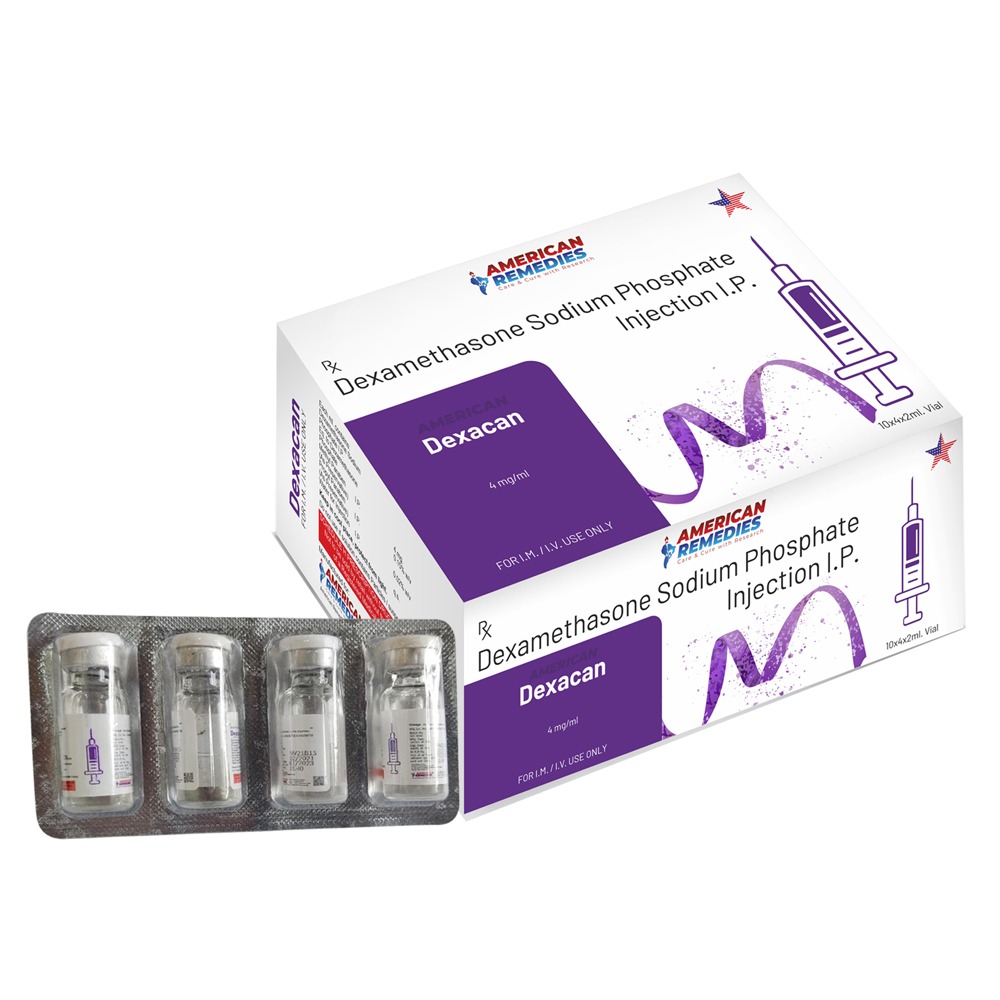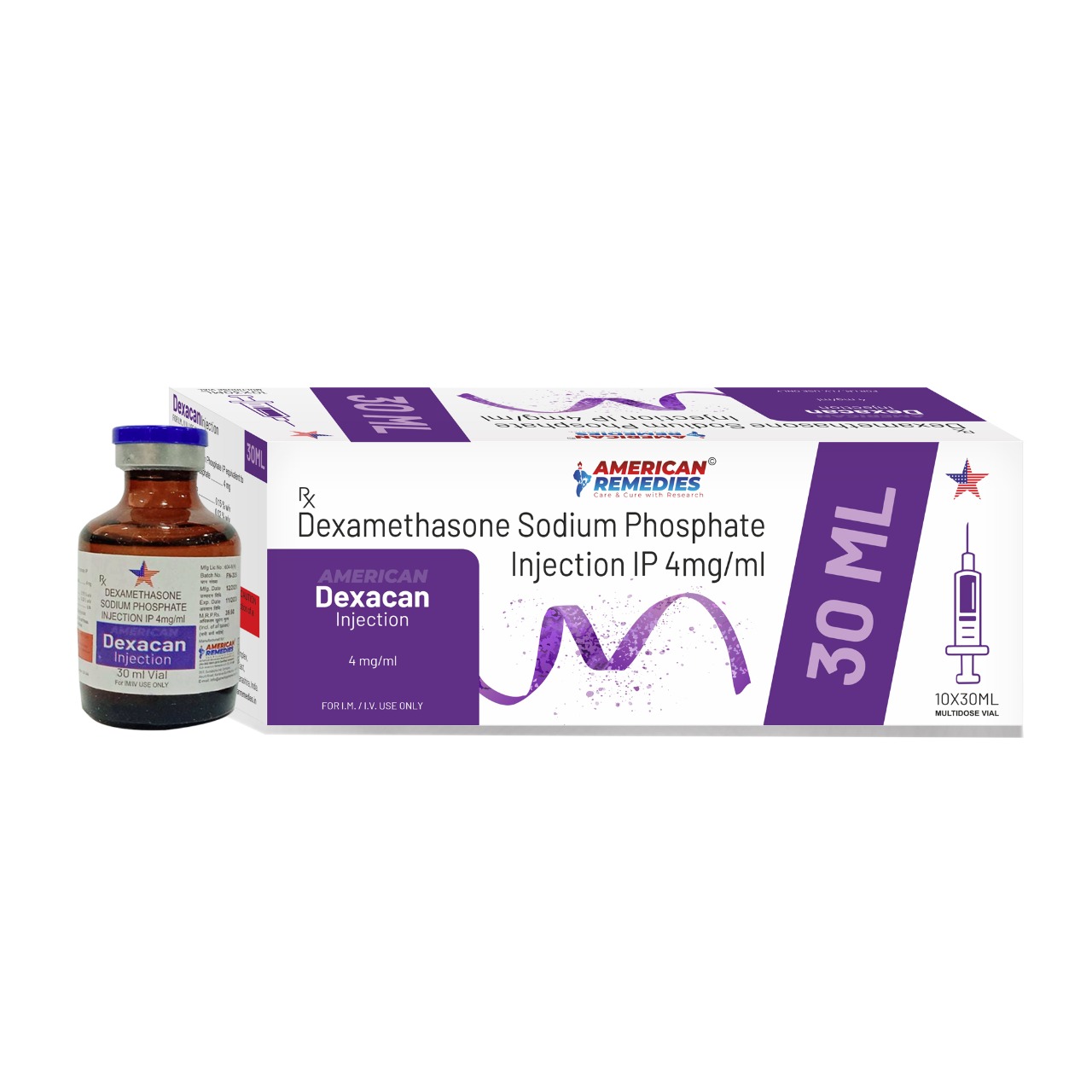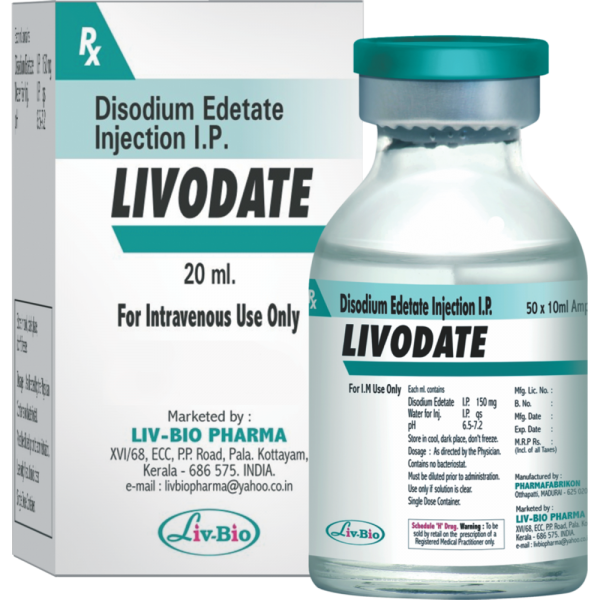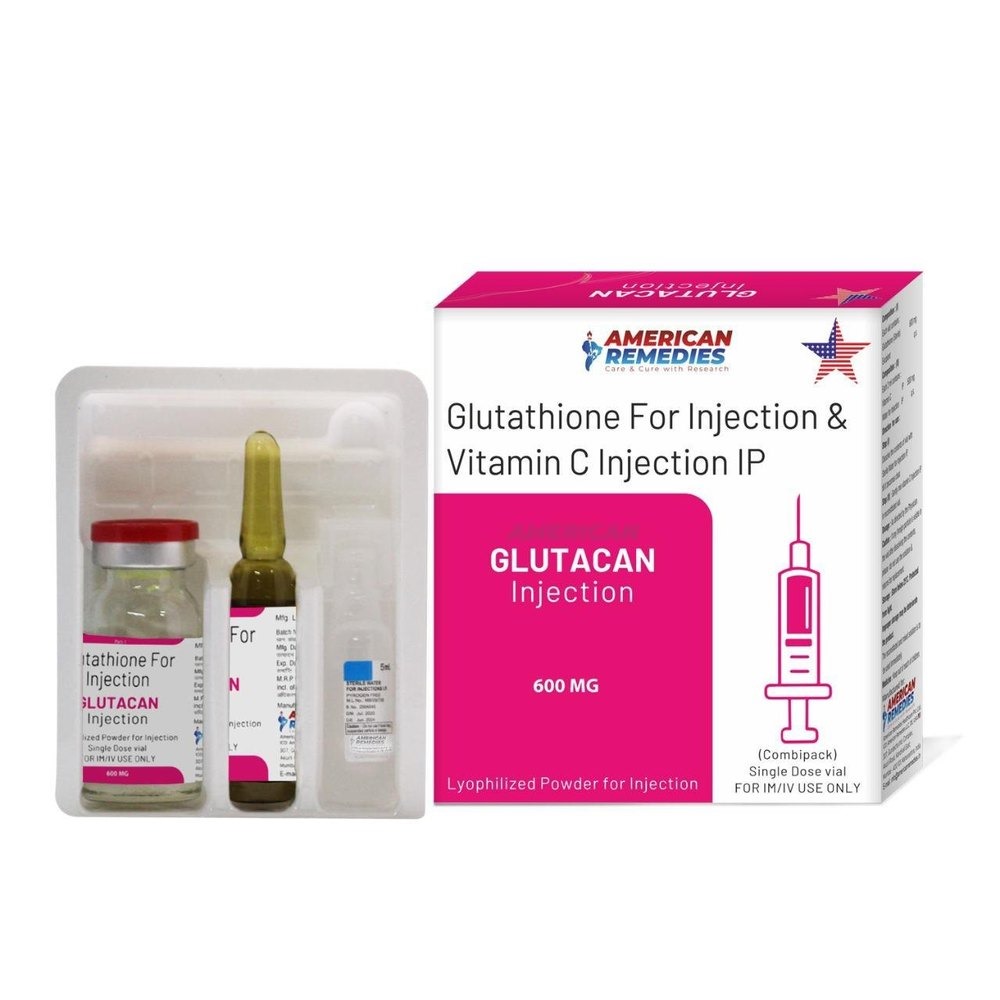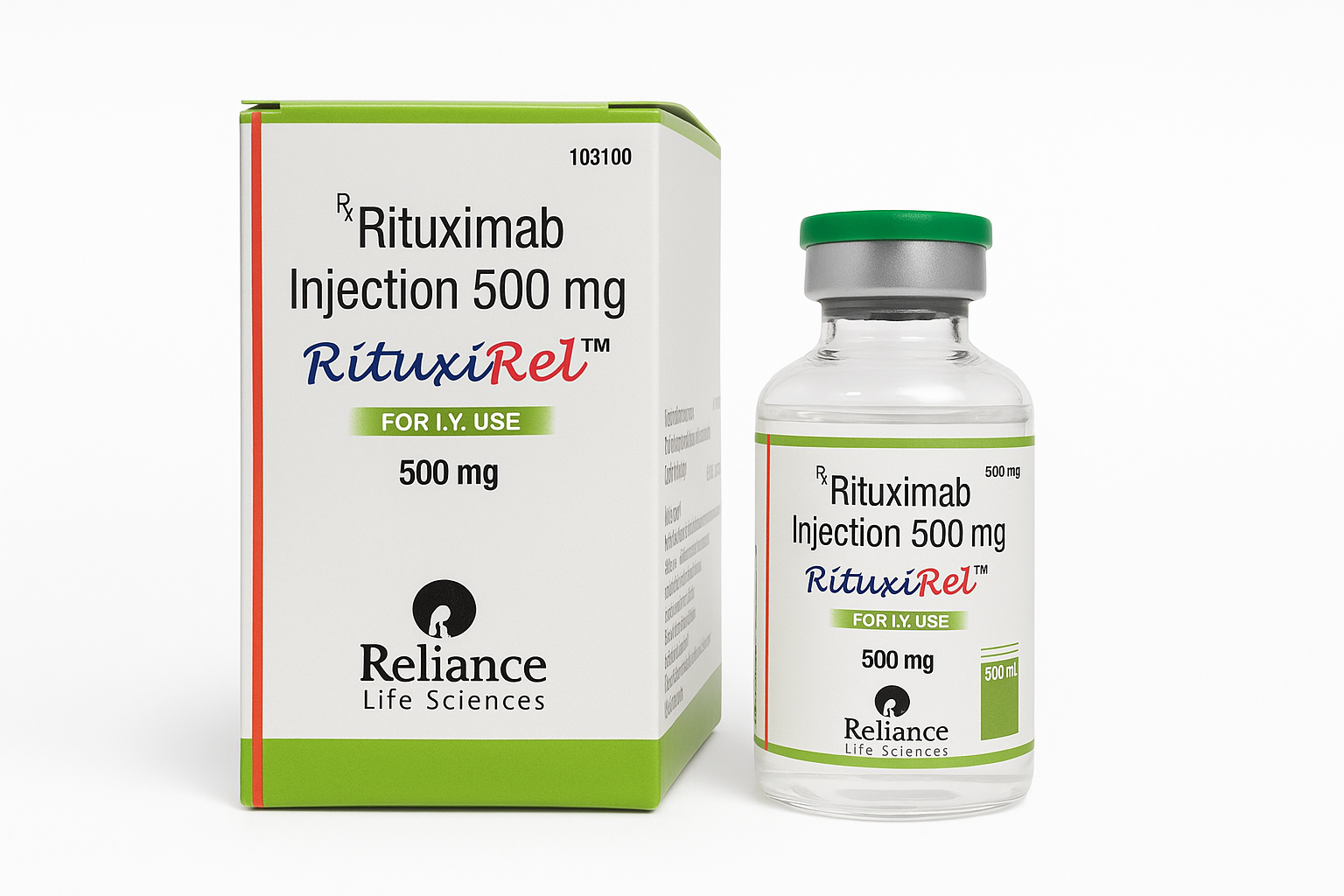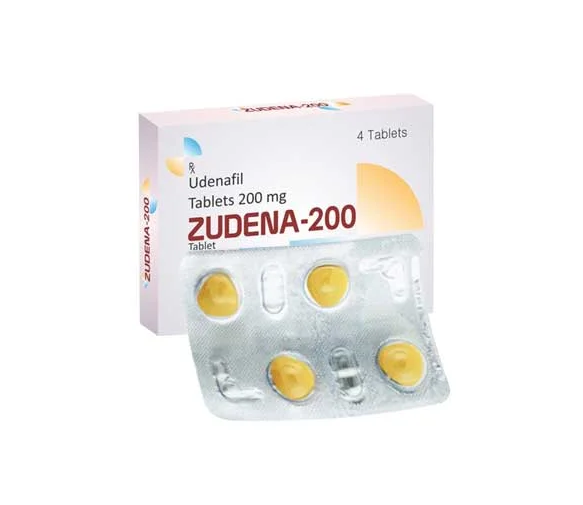Anti Cancer Medicine
INTRODUCTION ABOUT RITUXIREL 500MG INJECTION
RITUXIREL 500MG INJECTION contains Rituximab which belongs to the group of medicines called Anticancer drugs. It is used to manage blood cancer (leukaemia) and lymph cancer (lymphoma). It can also be used to manage various auto-immune disease conditions such as rheumatoid arthritis, granulomatosis with polyangiitis or microscopic polyangiitis (inflammation of blood vessels) and pemphigus vulgaris (severe skin blistering and peeling especially on the mouth, nose, throat, eyes and genitals).
It is mostly used in combination with other cytotoxic anticancer agents to achieve better results. It is suitable for use both in adults and in children (aged 6 months or older). RITUXIREL 500MG INJECTION will be administered to you only by an oncologist or a trained professional into your vein (as intravenous infusion).
Before receiving RITUXIREL 500MG INJECTION inform your doctor if you have any heart problems (such as chest pain, heart attack, heart failure or abnormal heartbeat). You must also inform your doctor if you currently have or previously had hepatitis B infection or any other mild infections (including minor cough and cold) as a precaution.
RITUXIREL 500MG INJECTION is not recommended for use in pregnant or breastfeeding women. Both men and women receiving RITUXIREL 500MG INJECTION must use a suitable contraceptive method to avoid pregnancy while undergoing therapy with RITUXIREL 500MG INJECTION.
The most common side effects of receiving this medicine are fever, chills, skin rashes with itching, shortness of breath and low blood pressure. Consult your doctor if any of these side effect worsens.
USES OF RITUXIREL 500MG INJECTION
It is used to manage:
Blood cancer (Chronic lymphocytic leukaemia)
Lymph cancer (Non-Hodgkin’s Lymphoma)
Rheumatoid arthritis (joint pain and inflammation)
Granulomatosis with polyangiitis or microscopic polyangiitis (inflammation of blood vessels)
Pemphigus vulgaris (severe skin blistering and peeling especially on the mouth, nose, throat, eyes and genitals)
HOW RITUXIREL 500MG INJECTION WORKS
RITUXIREL 500MG INJECTION is a monoclonal antibody. It destroys the immune cells (B-cells) that triggers cancer formation. It also reduces the production of certain chemicals within the body (such as rheumatoid factor, T-cells, cytokines) that causes inflammation, pain and swelling which helps in managing various autoimmune diseases.
DIRECTIONS FOR USE
RITUXIREL 500MG INJECTION will be given to you only by a doctor or a nurse into the vein (intravenously).
Your doctor will decide the correct dose and duration of therapy for you depending upon your age, body weight and disease condition.
SIDE EFFECTS OF RITUXIREL 500MG INJECTION
COMMON
increased infections (bacterial, viral or fungal)
low RBC, WBC and platelet counts in blood
nausea, vomiting, diarrhea, stomach pain, constipation, indigestion
mouth ulcers
hair loss
fever, chills, pneumonia, shingles, cold, sinusitis
thrush, urinary tract infection
headache, dizziness, tiredness, weakness
hepatitis B infection
high blood sugar and cholesterol levels
weight loss, lack of appetite
numbness, tingling, pricking, burning sensation on the skin
restlessness, problems in falling asleep, anxiety, depression
flushing (skin redness)
eye inflammation or watery eyes
ringing sound in the ears, ear pain
uneven or fast heart rate, high or low blood pressure
shortness of breath, runny nose, nasal itching and repeated sneezing
increased sweating, night sweats
muscle pain, joint pain, back pain, neck pain
pain while passing urine
fungal foot infection (athlete’s foot)
tremors (shakiness)
swelling of the hands or ankles
UNCOMMON
blood clotting problems
changes in taste
slow heart rate
chest tightness and lung problems
RARE
Contact your doctor immediately if you experience any of the following side effects:
fever, chills, shivering, nausea, vomiting, skin rashes with blisters and itching, flushing, pain at the infusion site, headache, tiredness, wheezing, high blood pressure, palpitations, swelling of throat or tongue, runny or itchy nose and chest pain
fever, cough, sore throat, burning pain while passing urine, feeling weak or generally unwell
signs of brain problem (such as memory loss, trouble thinking, difficulty in walking or vision problems)
signs of severe skin reactions (such as severe skin blistering and redness that may appear on the on the mucous membranes, such as inside the mouth, the genital areas or the eyelids, with fever)
HOW TO MANAGE SIDE EFFECTS
Constipation
Try to eat more high-fibre foods such as fresh fruit, vegetables, cereals, and drink plenty of water. Try doing exercise regularly (going for a daily walk or run). If this does not help, inform your doctor for receiving alternate managements for constipation.
Send
Message
